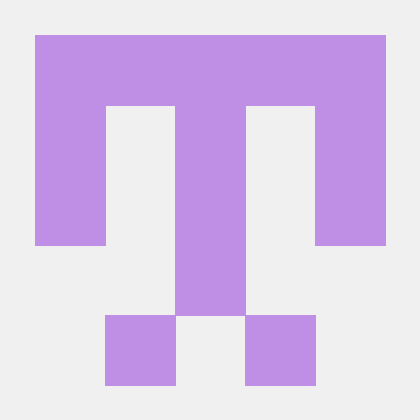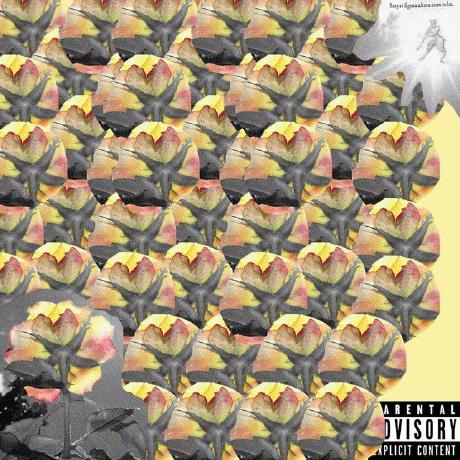Discover and explore top open-source AI tools and projects—updated daily.
rtl-sdr-scanner-cpp by  shajen
shajen
C++ SDR scanner for recording multiple frequencies
Top 46.1% on SourcePulse
This C++ project provides a real-time Software Defined Radio (SDR) scanner capable of simultaneously monitoring and recording multiple frequency bands across supported devices like RTL-SDR and HackRF. It targets radio enthusiasts and researchers needing to capture diverse transmissions efficiently, offering a web-based interface for exploring recorded data and spectrograms.
How It Works
The scanner rapidly switches between user-defined frequency ranges, enabling simultaneous recording of transmissions within the same band. It employs a noise learning phase to establish a baseline and a "torn transmission" detection mechanism to avoid incomplete recordings. The system is designed for distributed deployment, allowing modules to run on separate machines.
Quick Start & Requirements
- Install: Clone the repository and run
docker compose up. - Prerequisites: Docker and Docker Compose. Blacklisting of host RTL-SDR kernel modules is required for RTL-SDR devices.
- Resources: Requires a powerful PC, especially for higher sample rates (e.g., 40 MB/s with HackRF at 20 MHz). Raspberry Pi is not recommended for real-time processing due to performance limitations.
- Links: YouTube Introduction, Sample Data, Docker Hub
Highlighted Details
- Supports RTL-SDR and HackRF devices.
- Features a web panel for spectrograms and recordings (accessible at
http://localhost:8000). - Allows configuration of PPM error, tuner gain, ignored frequencies, and custom FFT sizes.
- Supports scanning multiple frequency ranges and using multiple SDR devices simultaneously.
Maintenance & Community
- The project is maintained by shajen.
- Contributions are welcomed via pull requests.
- Donations are accepted via Revolut and PayPal.
Licensing & Compatibility
- License: GPLv3.
- Compatibility: The GPLv3 license may impose copyleft restrictions on derivative works, potentially impacting commercial or closed-source integrations.
Limitations & Caveats
The noise learning phase might miss transmissions active during the initial learning period. Performance on low-power devices like Raspberry Pi is significantly limited due to high data processing demands.
1 month ago
Inactive

 iopsystems
iopsystems josevcm
josevcm jboone
jboone HEnquist
HEnquist sofdog-gh
sofdog-gh v-byte-cpu
v-byte-cpu rhysmorgan134
rhysmorgan134 jekhokie
jekhokie marin-m
marin-m seemoo-lab
seemoo-lab collabora
collabora traceloop
traceloop